+11
Ace in the Hole (1951)
Ace in the Hole is not a prime example of film noir, being mostly a straight drama about squalid journalism and a glory seeking reporter, however it does display one of noir’s common themes: a crushing sense of cynicism. Almost from the start we’re presented with an unrelenting portrait of some of the worst traits in human nature: greed, sensationalism, gullibility, and lying.
A newspaperman (Kirk Douglas) has been hired for a meager salary by a small Albuquerque daily after having been fired by most major publications for his underhandedness and temper. Soon a story arises with possible national interest when a local gas station owner gets trapped in a collapsed cave, which causes the newspaperman to scheme a way to build the story and his own involvement and reportage. He even convinces the authorities to alter the rescue method, which promotes a slower pace, allowing the story to be milked to a much wider audience as the carnival atmosphere with the snoopers and looky-loos builds at the site.
Along the way the trapped man’s wife, Lorraine (Jan Sterling), who had already wanted to divorce him before this incident, becomes partly complicit in the newspaperman’s plot due to her new found income provided by hundreds of tourists flocking to the site and spending money at the gas station. But soon their relationship sours as the newspaperman starts to drink, and an altercation occurs which injures the newspaperman and causes him to renounce the whole mess that he has started. The story grinds to an ending in which everyone except the poor sole in the cave seems to get their just desserts.
This is reportedly Billy Wilder’s first film in which he both wrote, produced and directed. His story is his most disdainful and misanthropic of all of his films. He exposes the underbelly of human nature in such a way that one feels the urge to wash one’s hands at the film’s end. The single redeeming let up in the tale is when the newspaperman realizes that he’s gone too far, and seeks redemption. Sadly the portrayal of a gullible public blindly reacting to a sensational news story has not changed much in the intervening 77 years.
Billy Wilder had earlier directed two bona fide noirs: Double Indemnity (1944) and Sunset Boulevard (1950), so his association with the movement likely influences people to consider Ace in the Hole as a noir also. One interesting bit of trivia that caught my attention is that the name of the insurance company involved in this tale, the Pacific All-Risk Insurance Co., is the same fictitious company featured in Double Indemnity.
It did not make my noir list.


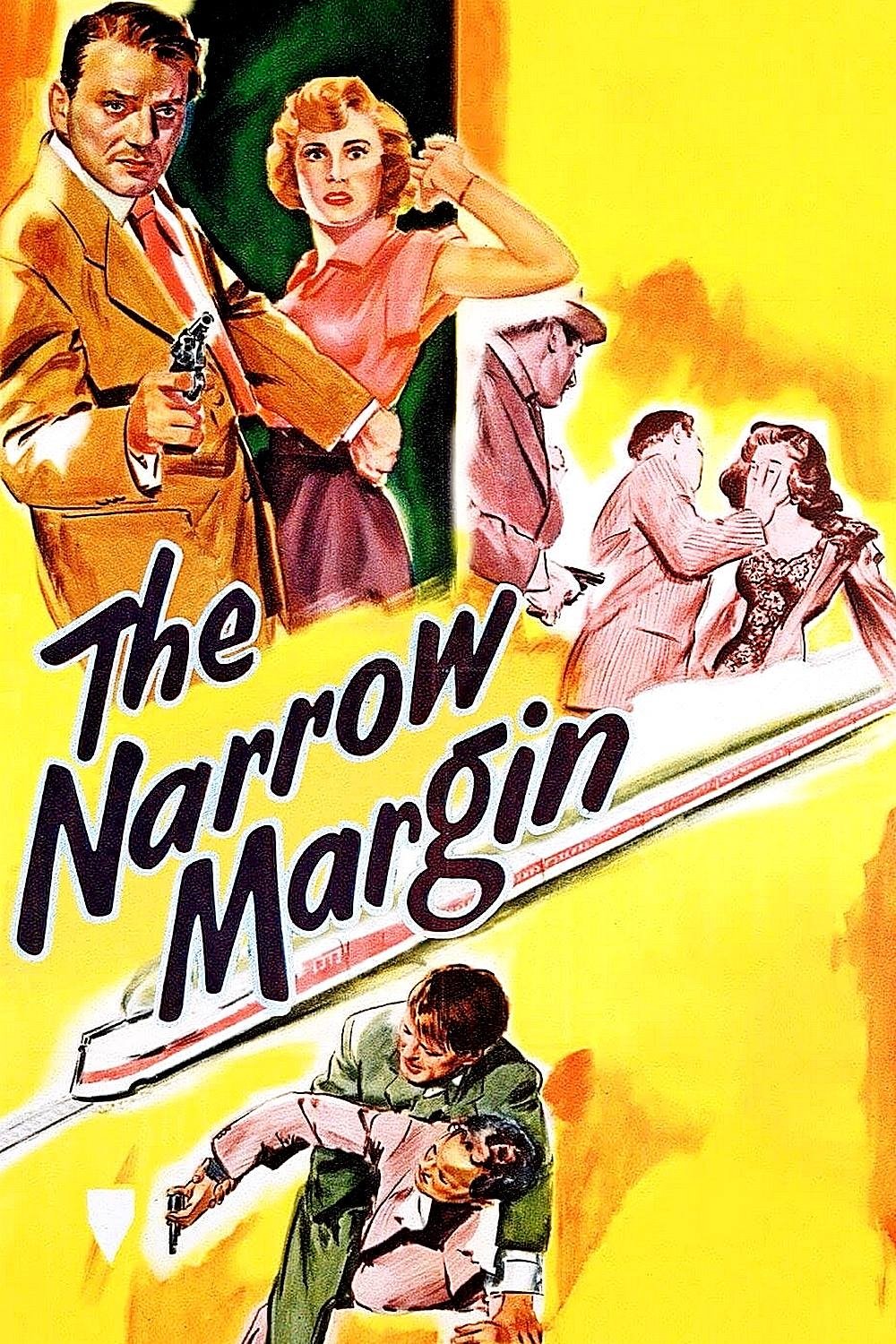
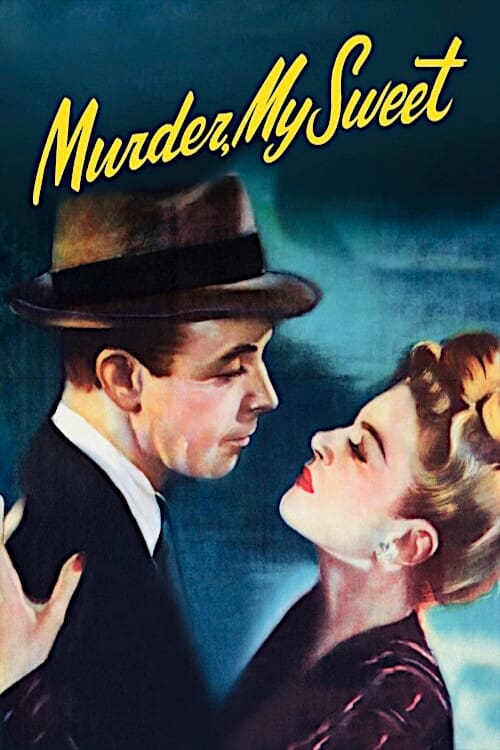
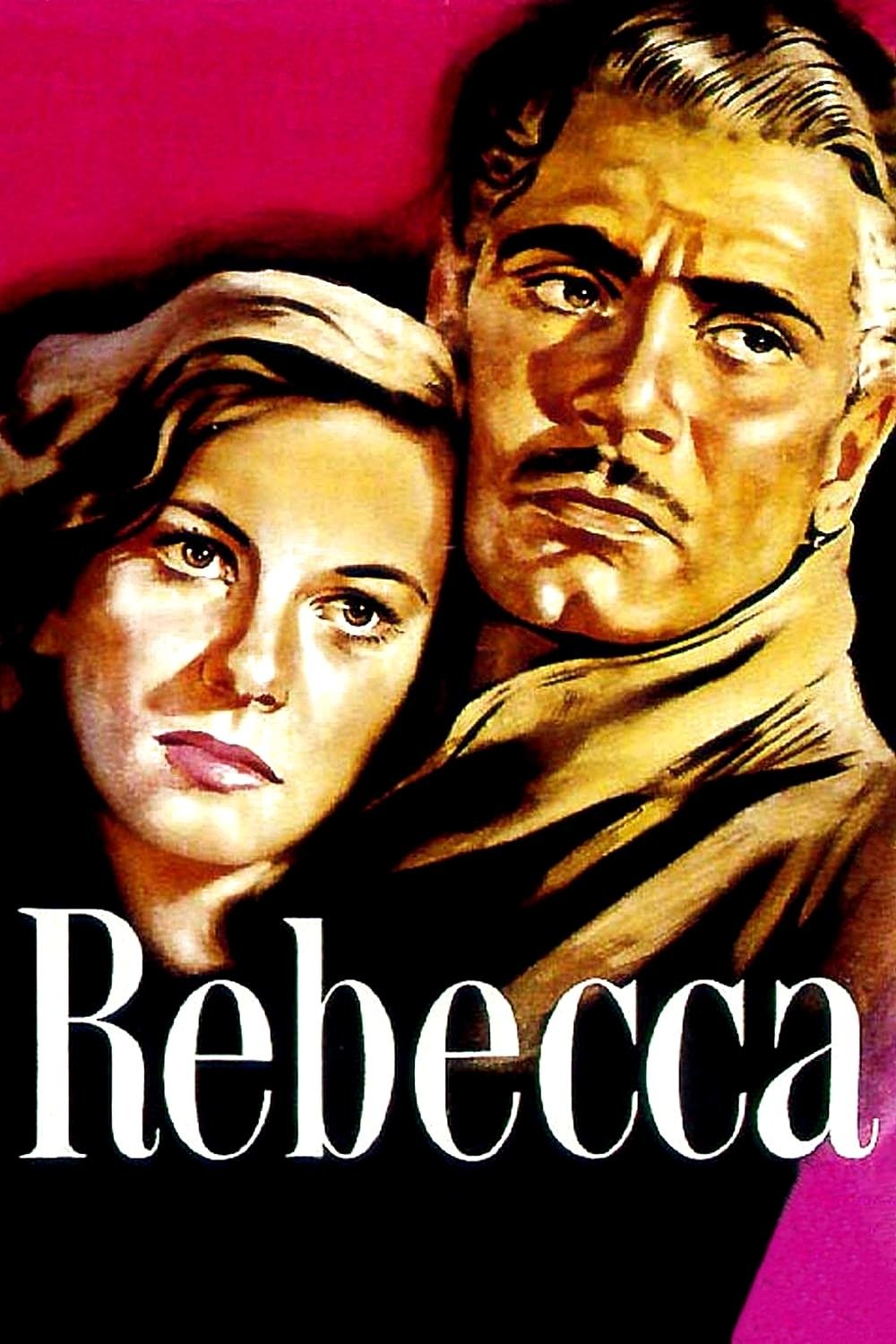
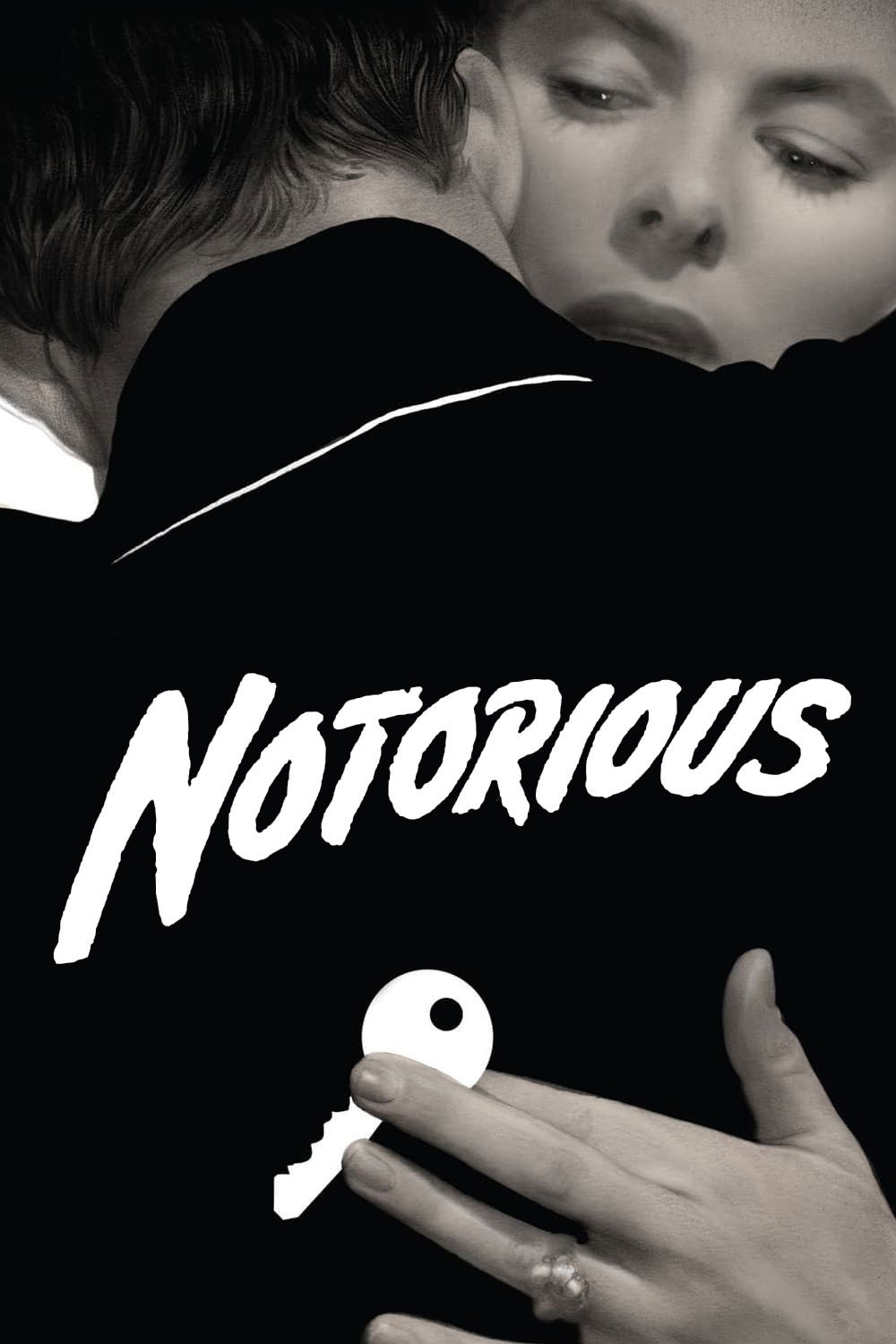
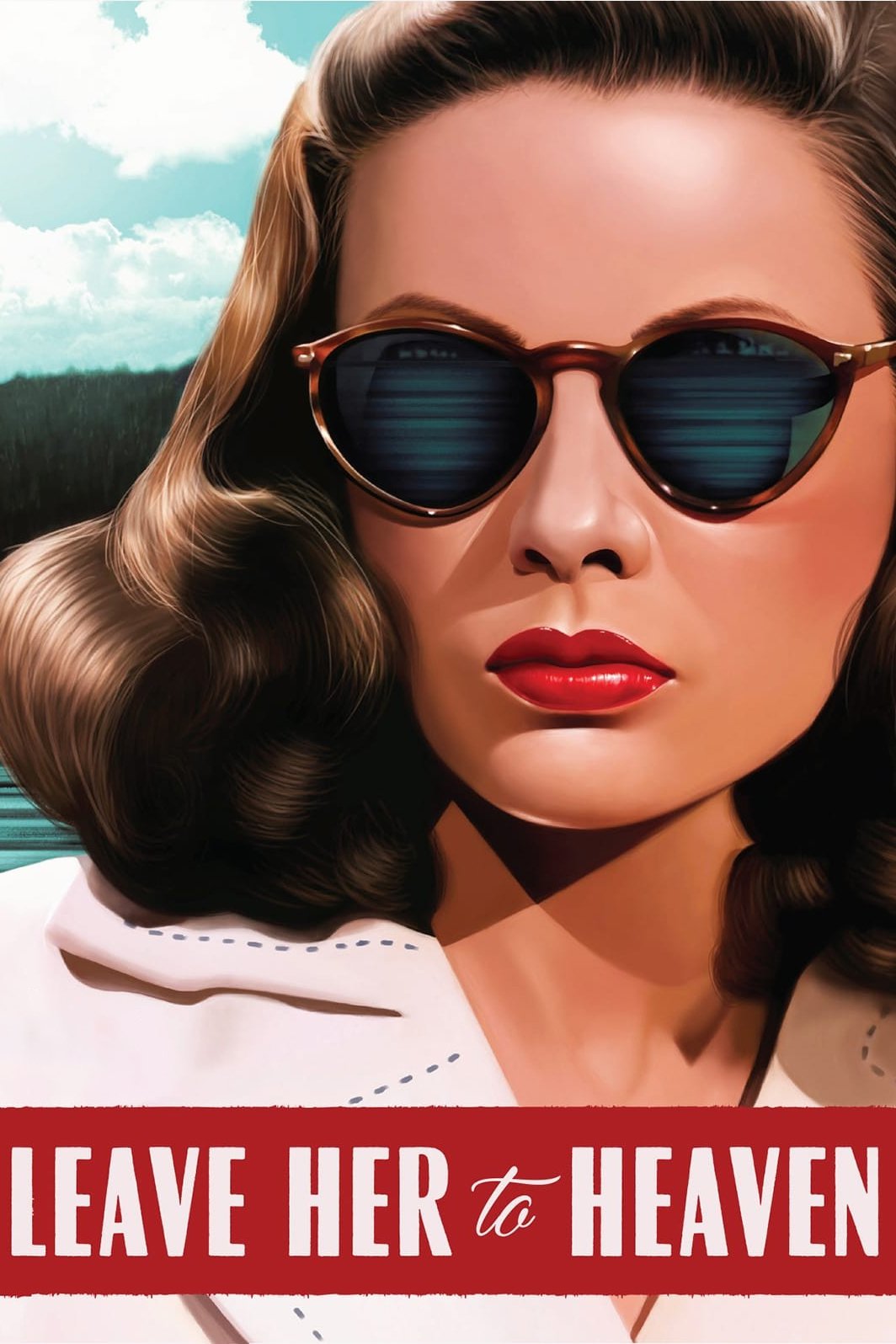
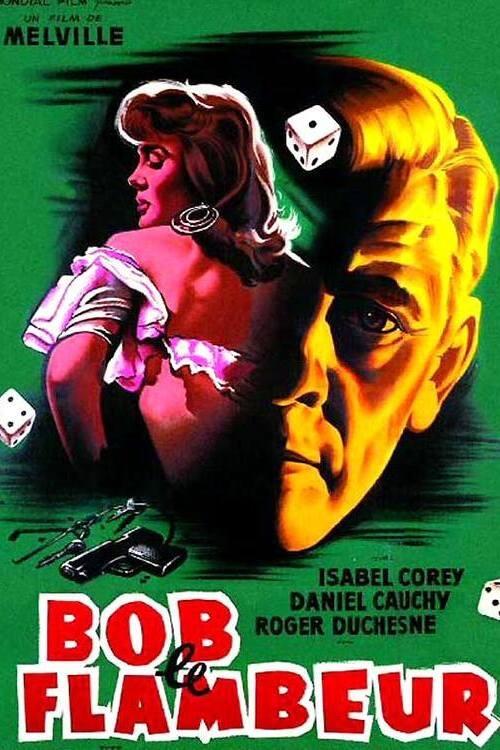
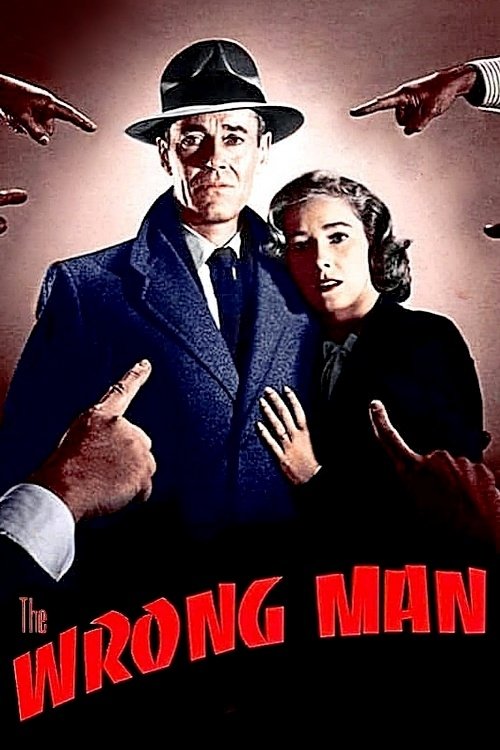

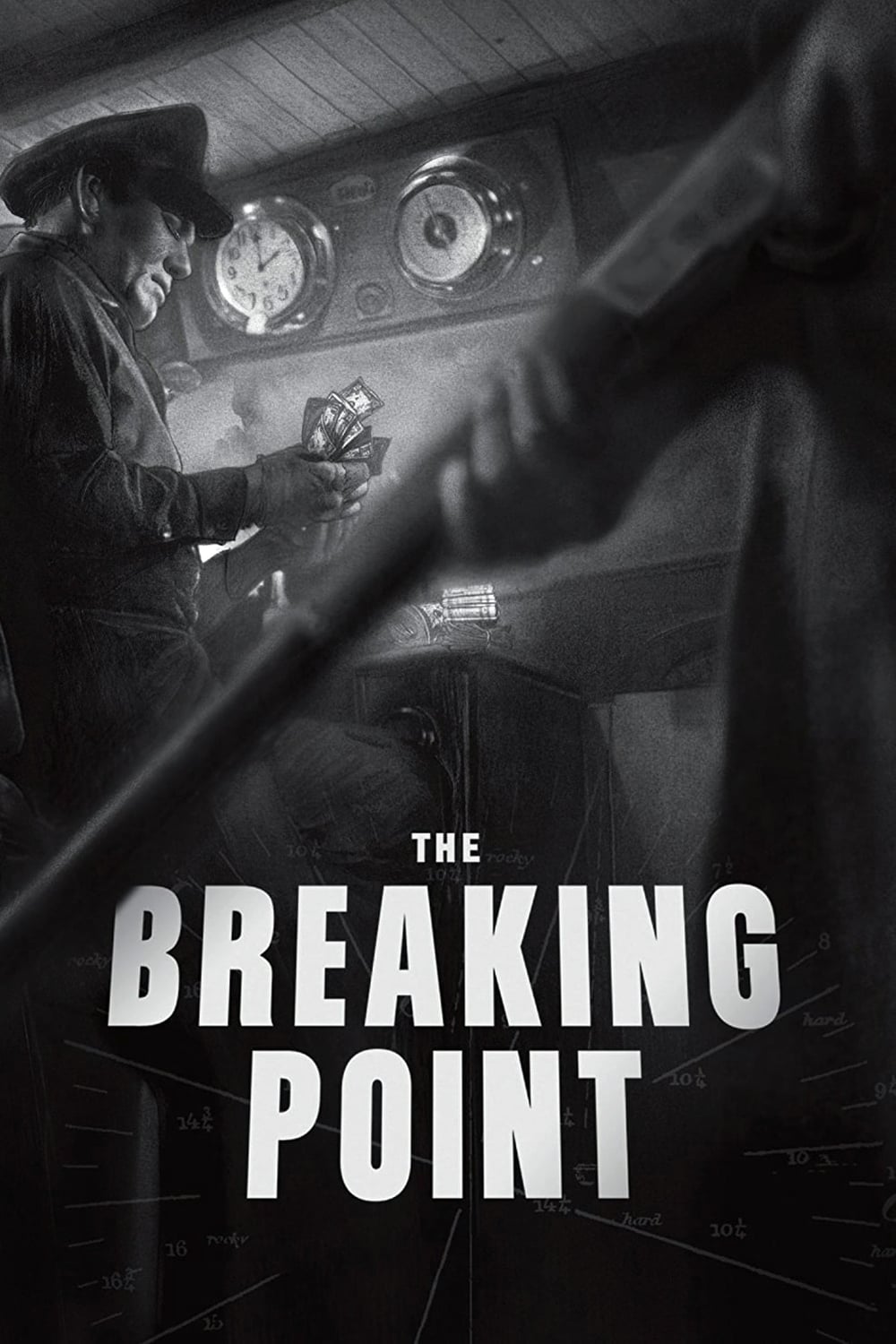

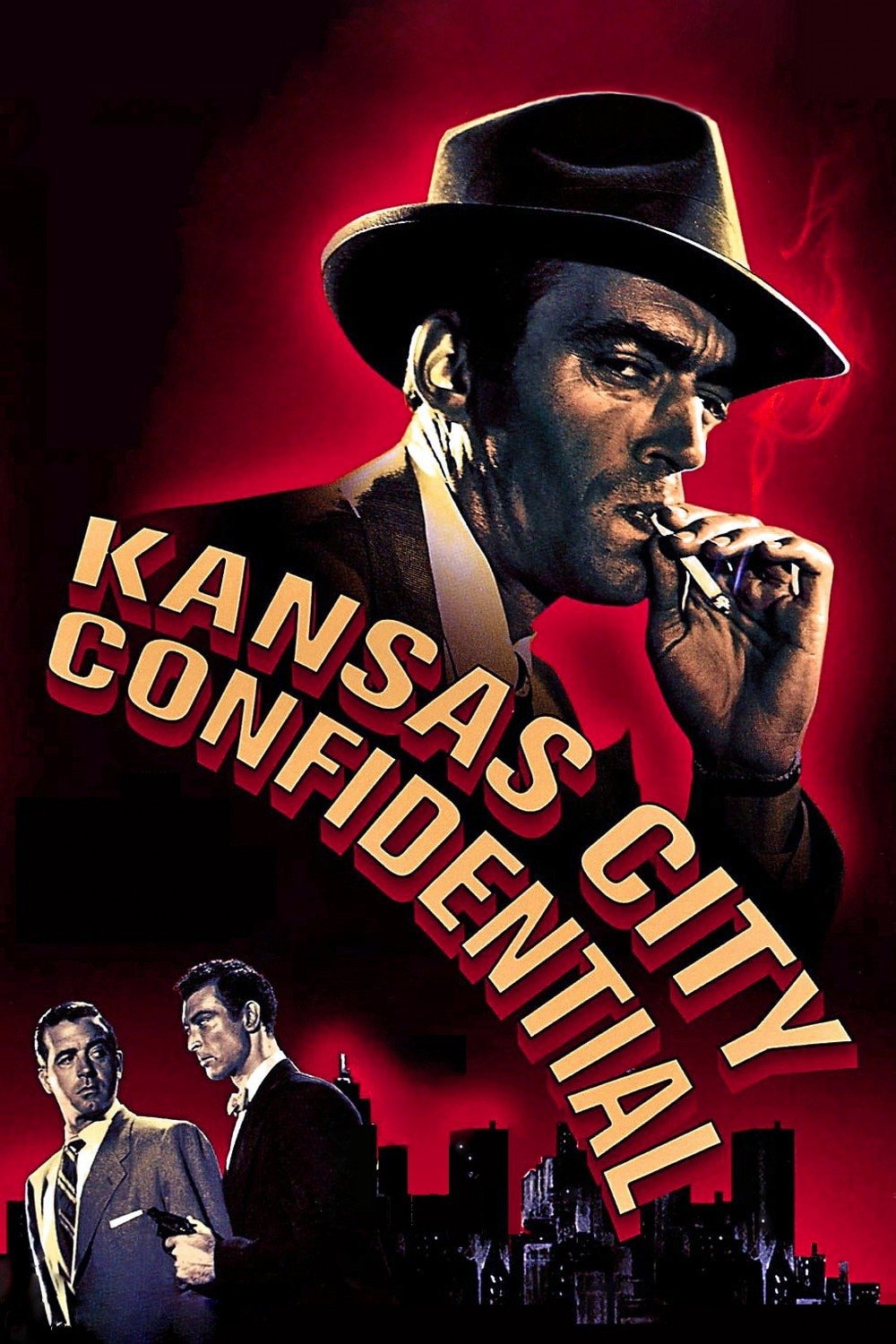
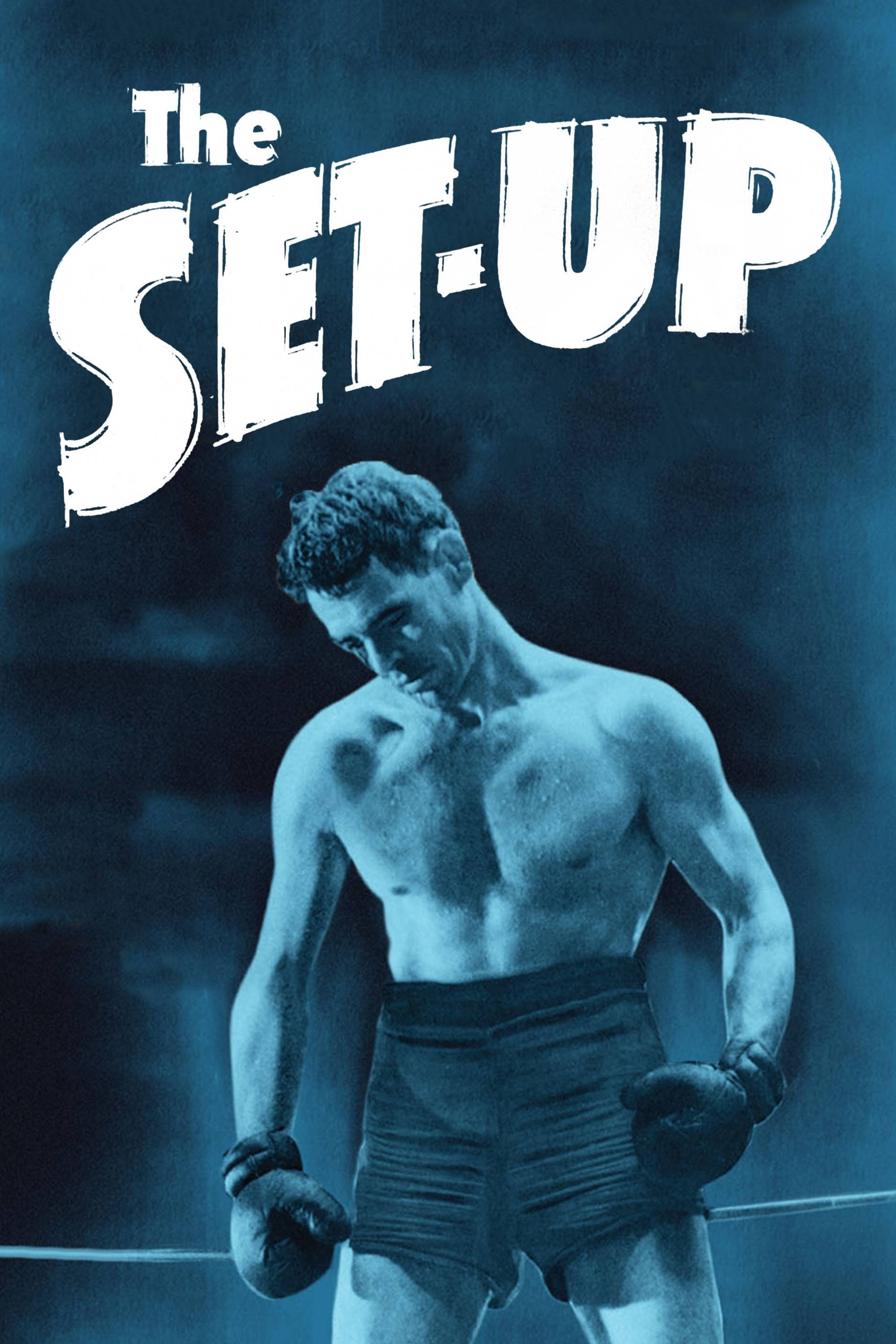
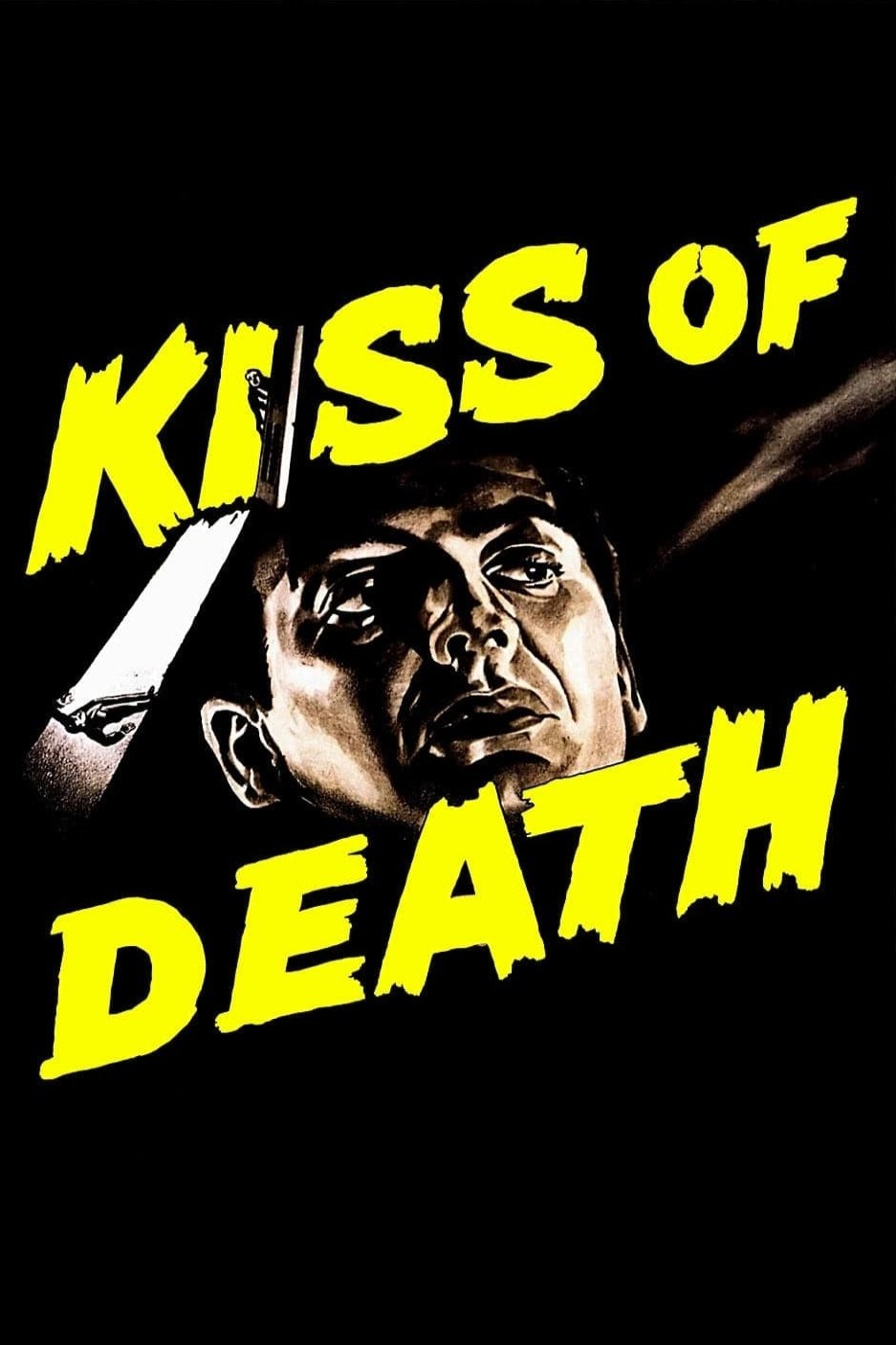
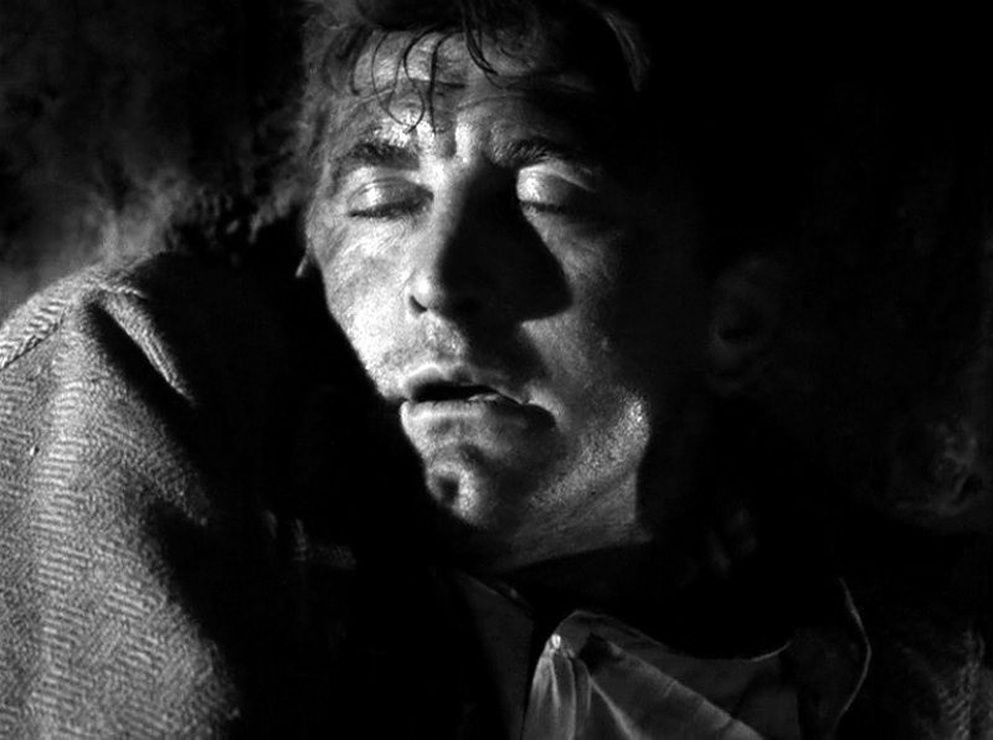-photo.jpg)
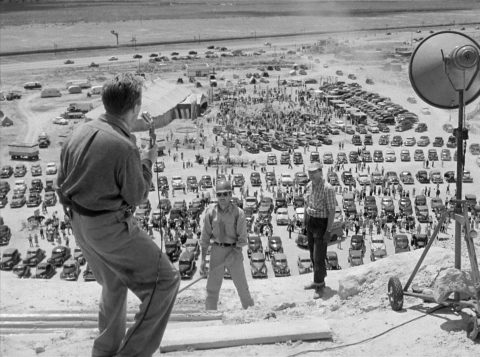
 Check out my podcast:
Check out my podcast: 